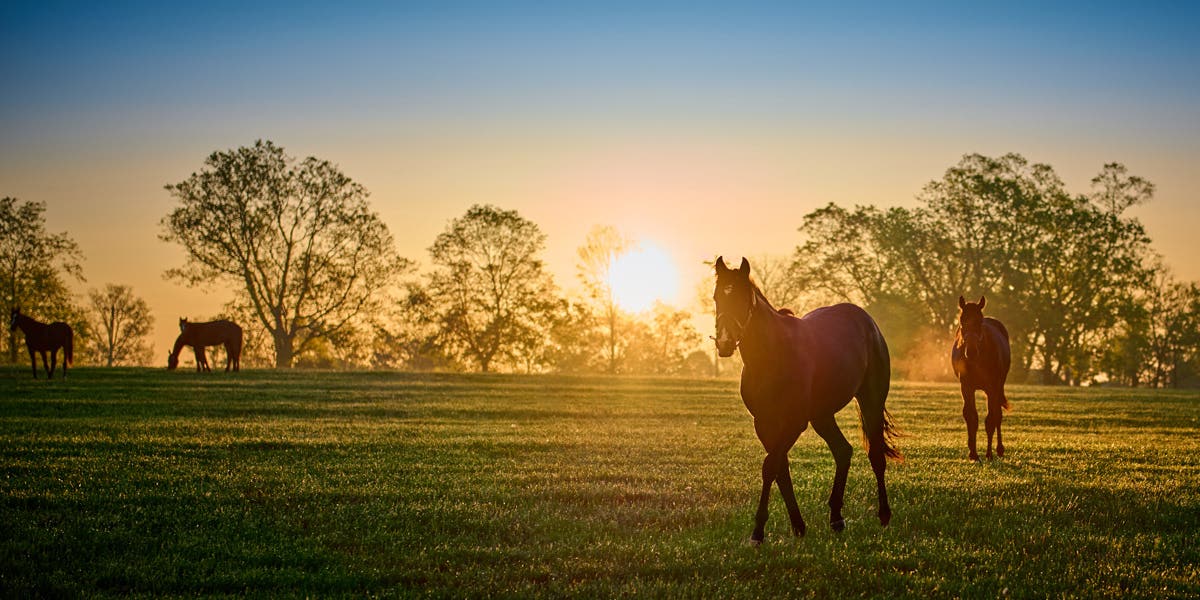5 min read


Worming - or deworming - is a crucial aspect of equine health care, and specific considerations are required for horses over 15 years of age. In this blog, we outline some key factors to take into consideration to help manage worm burdens in older horses. Factors such as the horse's immune status, geographic location, seasonal parasite prevalence and underlying health conditions play a vital role in creating an effective worming plan.
Understanding the Senior Horse's Immune System
Immunity and the ability to fight disease decline with age, leaving senior horses more vulnerable to parasitic infections. Older horses may not respond to parasite exposure as effectively as younger adults.
Tailoring Worming Programs to Your Senior Horse
A one-size-fits-all approach to equine worming is no longer recommended, especially for senior horses. A targeted approach minimizes unnecessary treatments, reduces the risk of resistance and ensures that your horse receives appropriate care.
Choosing the Right Wormer
Senior horses may have different needs when it comes to selecting a wormer. Factors that can influence this decision include the following:
- Type of Parasites: Common equine parasites affecting adult horses include small strongyles (cyathostomes), tapeworms and bots. Worming treatments should target strongyles, particularly in autumn and spring, as well as tapeworm at least once a year. If bot flies are active in your area, you should also consider treating for this right before or after winter.
- Active Ingredients: ‘Mectins’ such as ivermectin, abamectin and moxidectin are generally the most effective against small strongyles (cyathostomes) and bot fly larvae. Moxidectin should NOT be used more than once per year, unless you are specifically told to do so by your veterinarian. Other wormers (such as pyrantel, morantel) may also be used but only if shown to be effective on your property.
- Safety and Tolerability: Senior horses with underlying health issues, such as liver or kidney disease, may be more sensitive to certain drugs, including wormers. Consult your veterinarian to ensure the chosen product is safe. Most importantly, don’t forget to weigh your horse to ensure that you are administering the correct dose!
Management and Environmental Control
Effective parasite control extends beyond administering a worming paste. It’s important to remember that it’s not the worm eggs on the pasture that are the concern, but rather the infective larvae that hatch from these eggs. Good pasture management can significantly reduce the parasite load in a senior horse’s environment.
Account For Underlying Health Conditions
Senior horses often face health challenges such as weight loss, dental problems, arthritis or metabolic conditions like Cushing’s disease (PPID). These issues can influence the horse’s ability to tolerate a worm burden or recover from parasitic infections.
Monitoring Body Condition and Overall Health
Pay close attention to your senior horse’s body condition, coat quality and overall health. Appropriate horse care involving an annual health check (including an FEC) and a dental exam ensures that we keep on top of any niggles and identify potential disorders before they become difficult to manage.
Worming senior horses in Australia requires a thoughtful, individualized approach that balances effective parasite control with the horse’s overall well-being. You can support your older horse’s health and longevity by incorporating:
· Regular FEC testing;
· Strategic use of wormers such as Virbac Equimax, Strategy-T and Ultimum;
· Environmental management; and
· Veterinary advice.
Adopting these practices not only protects your horse but also helps safeguard the efficacy of worming treatments for the entire equine population.
At Horseland we’re here to help care for your horse’s wellbeing. We offer all the essentials to keep your horse healthy and happy, from wormers and equine first aid supplies, to supplements and pest control. Head into your local Horseland store or browse our range of horse health products online.
By Virbac in partnership with Horseland

